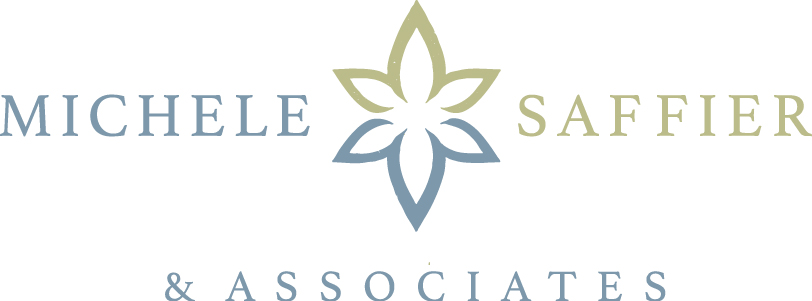
Our practice provides counseling, psychotherapy and psycho-education for those negatively impacted by addictions and other problems of daily living. Understanding that families are traumatized by the issues impacting loved ones, we endeavor to assist our clients in restoring balance, tranquility and equanimity to their lives through:
- Individual Psychotherapy—Brief and Long term
- A cognitive-behavioral approach is utilized in the first stage of treatment for addictions and compulsive behavior with the goal of achieving sobriety. The use of the task-oriented approach is helpful in achieving this goal. The second phase of Individual Therapy utilizes the contextual approach to understand childhood issues, injustices, loyalties and “baggage” that may have contributed to maladaptive coping mechanisms such as the use of compulsive behavior to manage feelings.
- Marital/Couples Therapy
- Couples begin the process of healing from the pain wrought by the betrayal and mistrust they experience and shame they carry as the result of the addict’s behavior. Couples learn to dialogue about feelings, work through disclosure, achieve forgiveness and learn about healthy relating and ultimately develop emotional and sexual intimacy.
- Family Therapy
- Families seeking to heal from the pain and devastation of addictions and compulsions in the family system and increase bonding, heal broken trust and deepen healthy relating may do so in the context of family therapy. All family members are welcome.
- Groups for Sexual Compulsive Behavior
- For addictions and compulsive behaviors, these groups focus on shame reduction, increasing education and knowledge of the behaviors, working on issues including honesty and accountability, body image, healthy sexuality, positive coping skills, communication and healthy relating, developing a capacity for intimacy and becoming a part of a culture of support.
- Groups for Partners of Sexual Compulsives
- For partners and family members of addicts and sexual compulsives, group is a supportive environment where discussions and help are experienced among others with the similar issues. The goal is to reduce the stigma and shame associated with addictions, educating to the nature of addiction, empowering partners in relationship, understanding and sharing feelings appropriately and reclaiming their sexual selves.
- EMDR Treatment
- Eye movement desensitization and reprocessing (EMDR) is a psychotherapy developed by Francine Shapiro. Shapiro identified disturbing and unresolved feelings and memories as the cause of chronic psychological distress in individuals that have experienced traumatizing, life-altering events, which often result in Post-Traumatic Stress Disorder. When a traumatic or distressing experience occurs, it may overwhelm normal coping mechanisms. The memory and associated stimuli are inadequately processed and stored in an isolated memory network. The unprocessed emotions, therefore, continue to re-emerge resulting in a chronic state of distress; or a continual “reliving” of the disturbing event along with the intensity of emotion originally experienced.The goal of EMDR is to reduce the long-lasting effects of distressing memories by engaging the brain’s natural adaptive information processing mechanisms, thereby relieving present symptoms. EMDR is endorsed by the National Institute of Health as the most effective psychotherapeutic technique for resolving the symptoms of post-traumatic stress disorder (PTSD).
- Professional Consultation
- Clinical case consultation may be provided to licensed mental health professionals.
- Telephone consultation is an adjunctive modality to the above forms of treatment
- Assessment
- A comprehensive, two hour session with a specific focus on assessing the patient’s current issues, crises, and problems which bring them into treatment. Collection of information about family of origin and relational history is a regular part of the assessment process. Patient leaves this session with a provisional diagnosis, recommendation and treatment plan.
